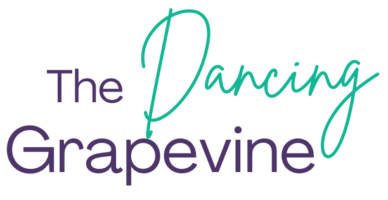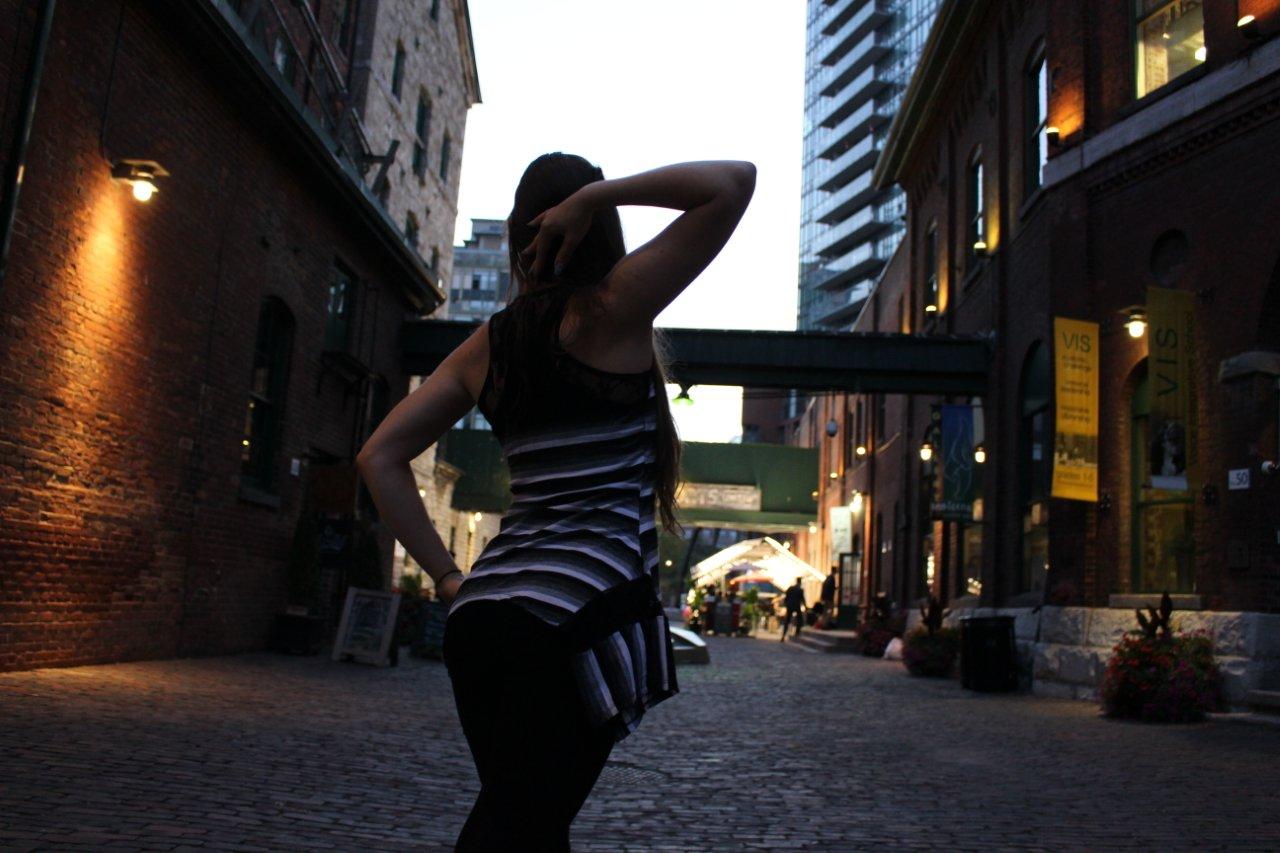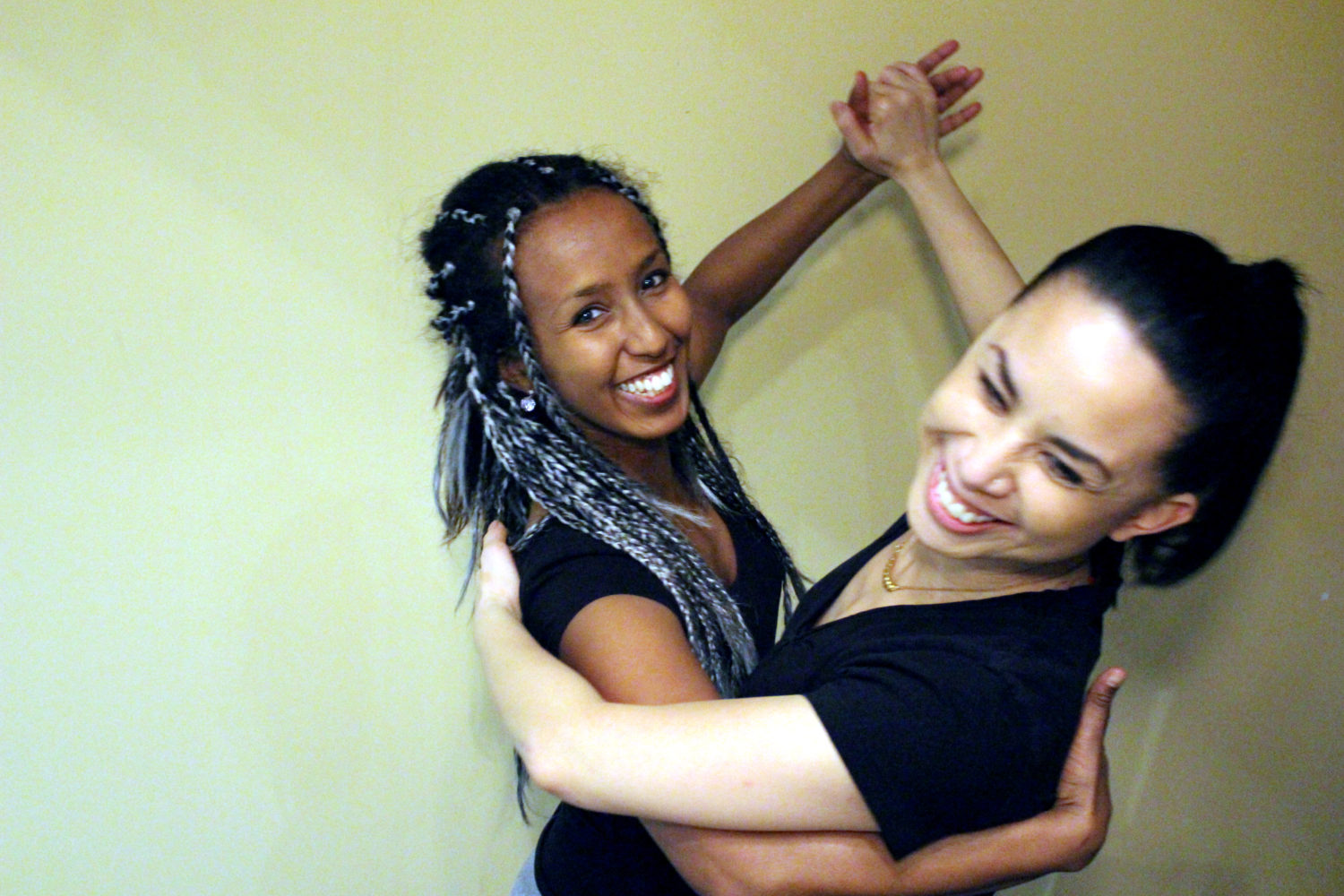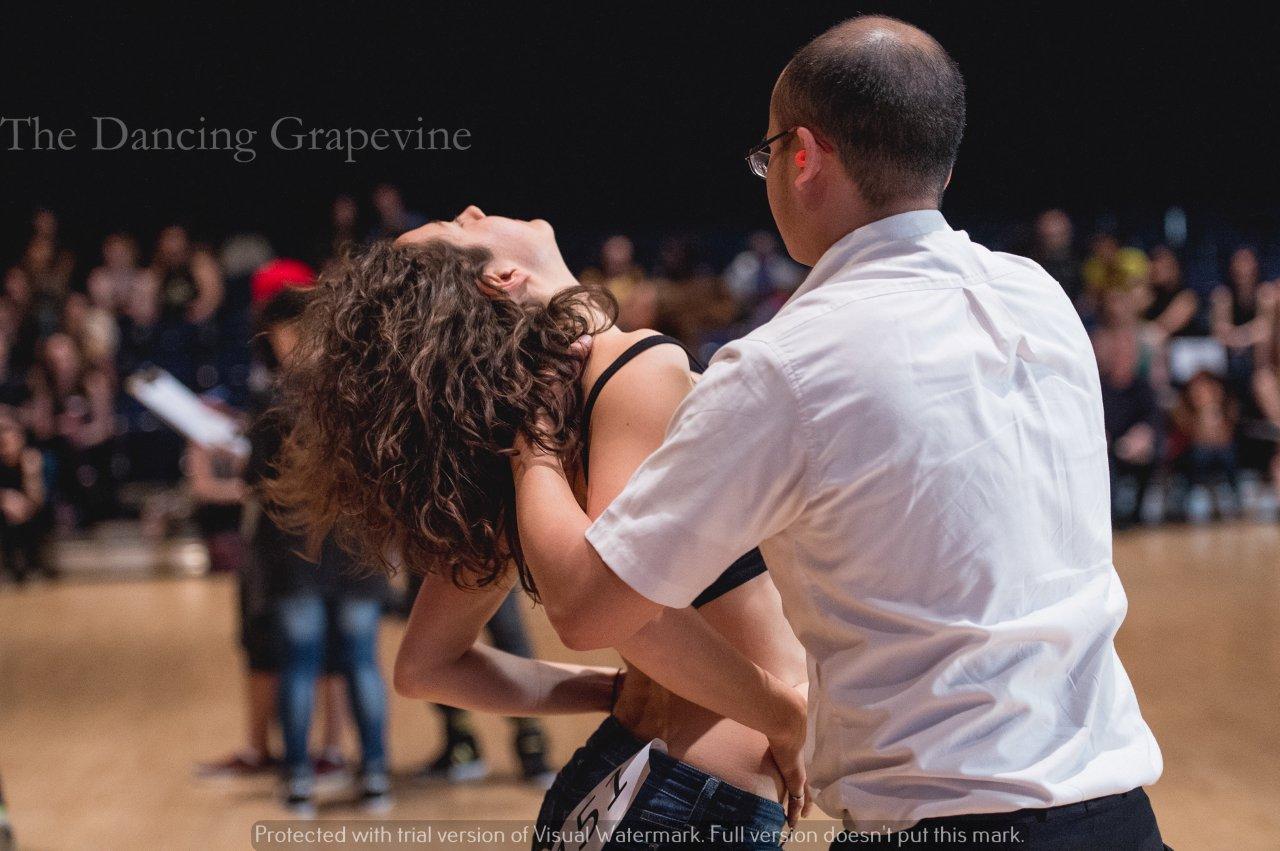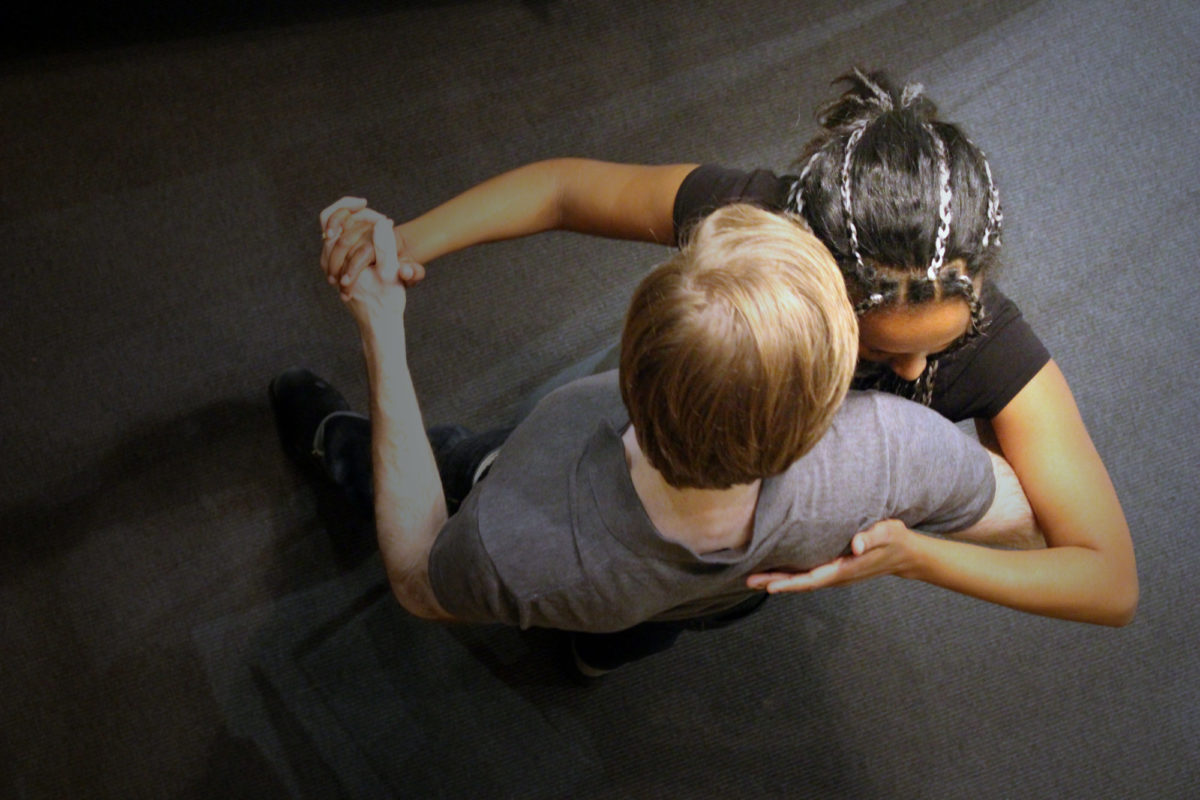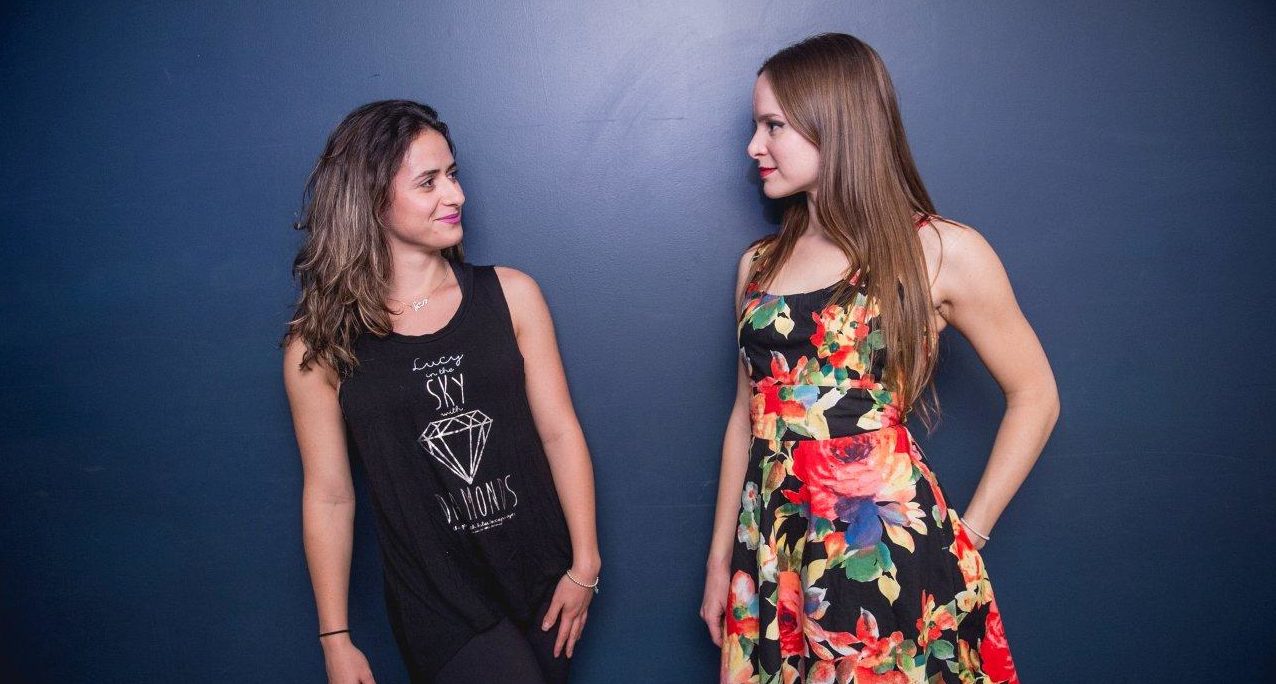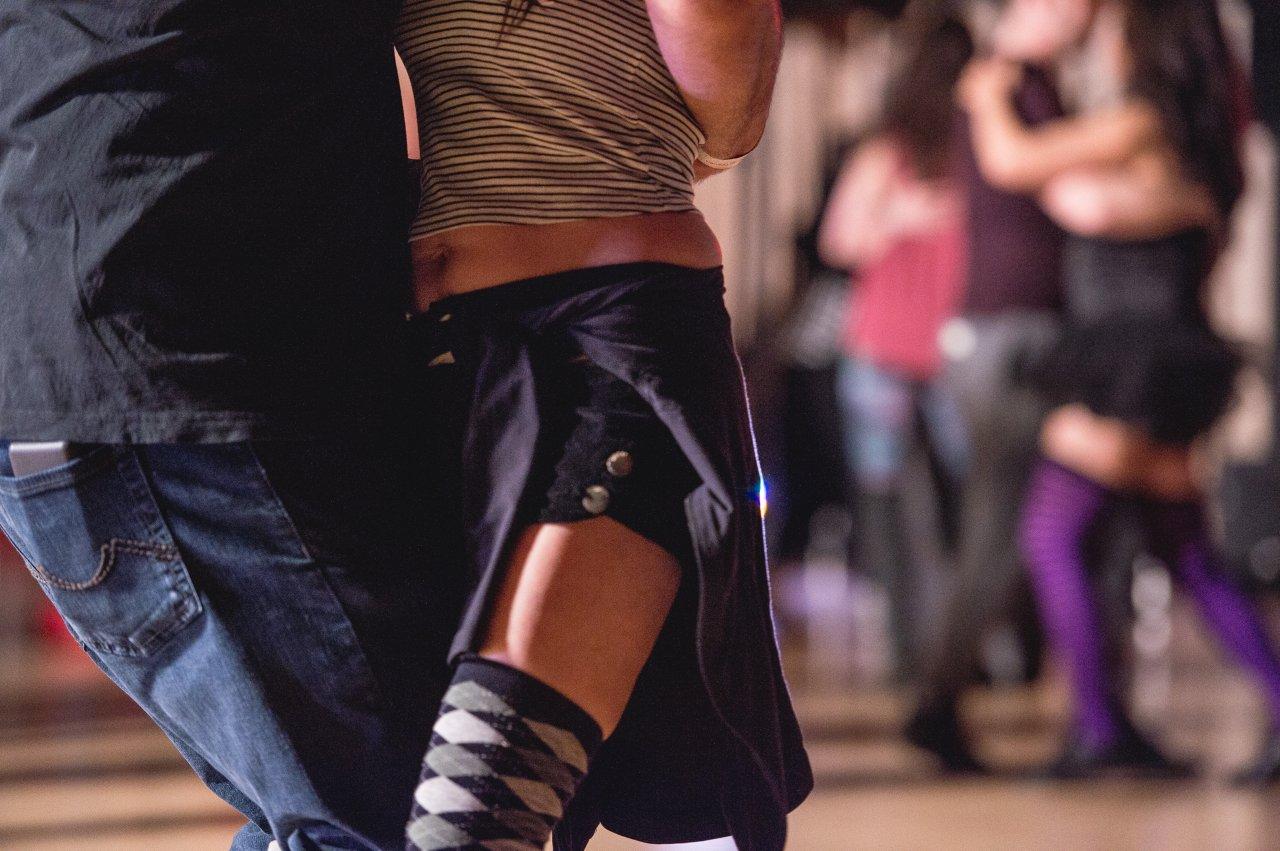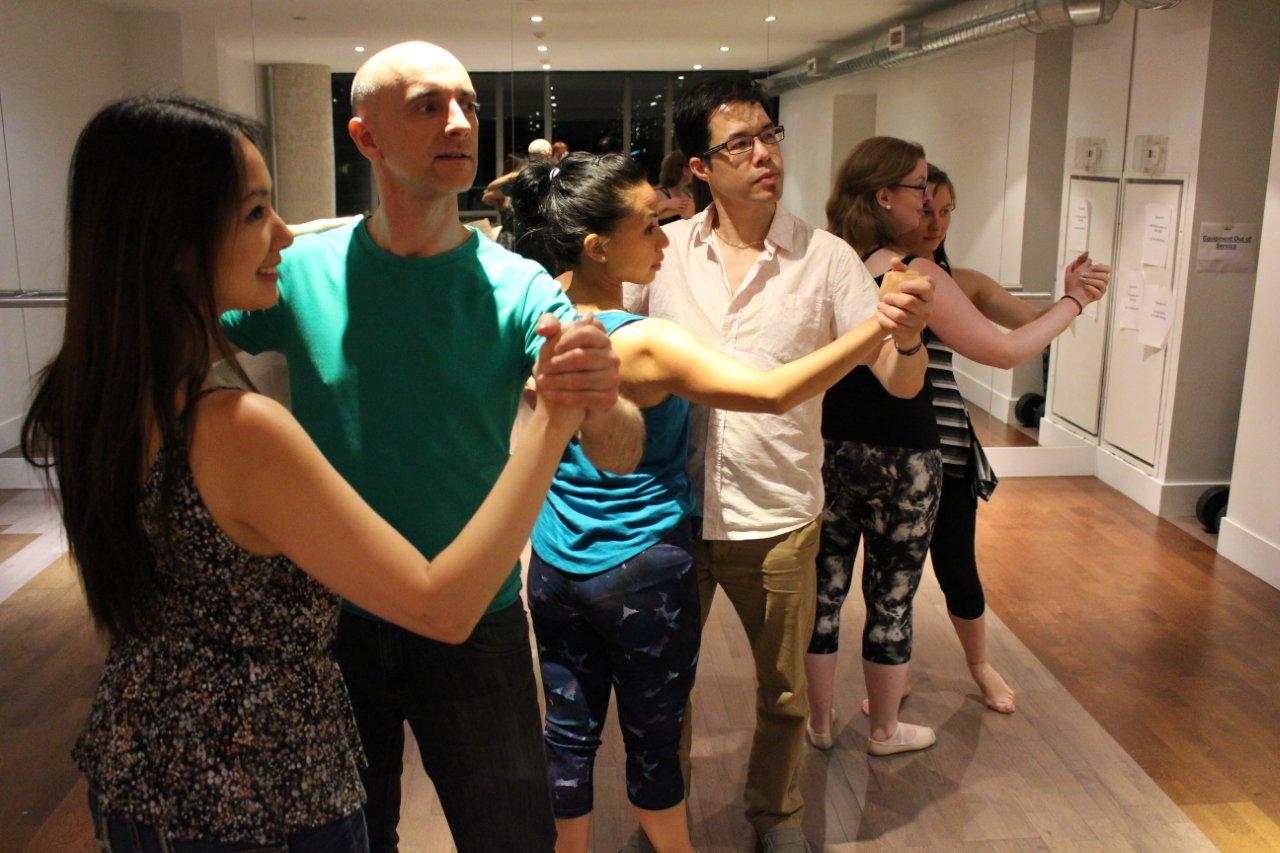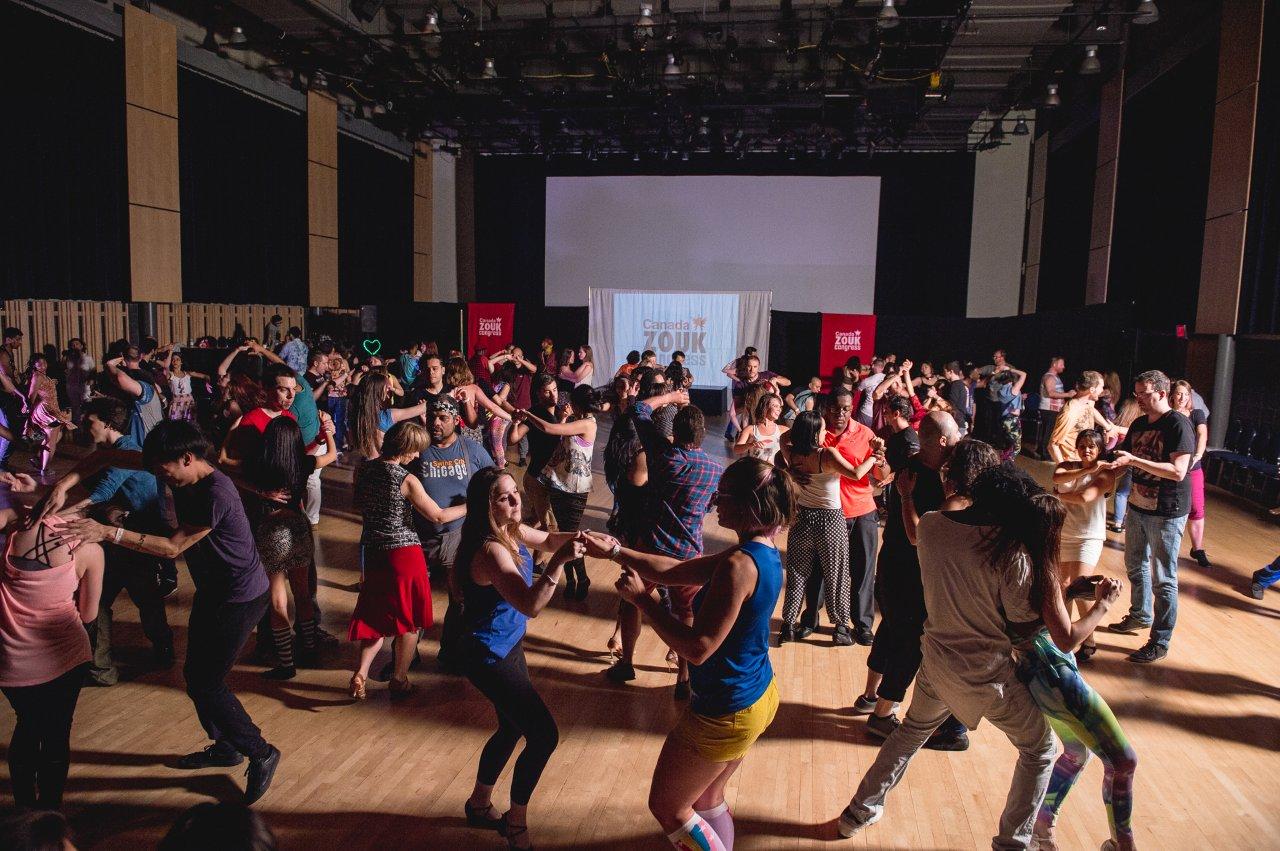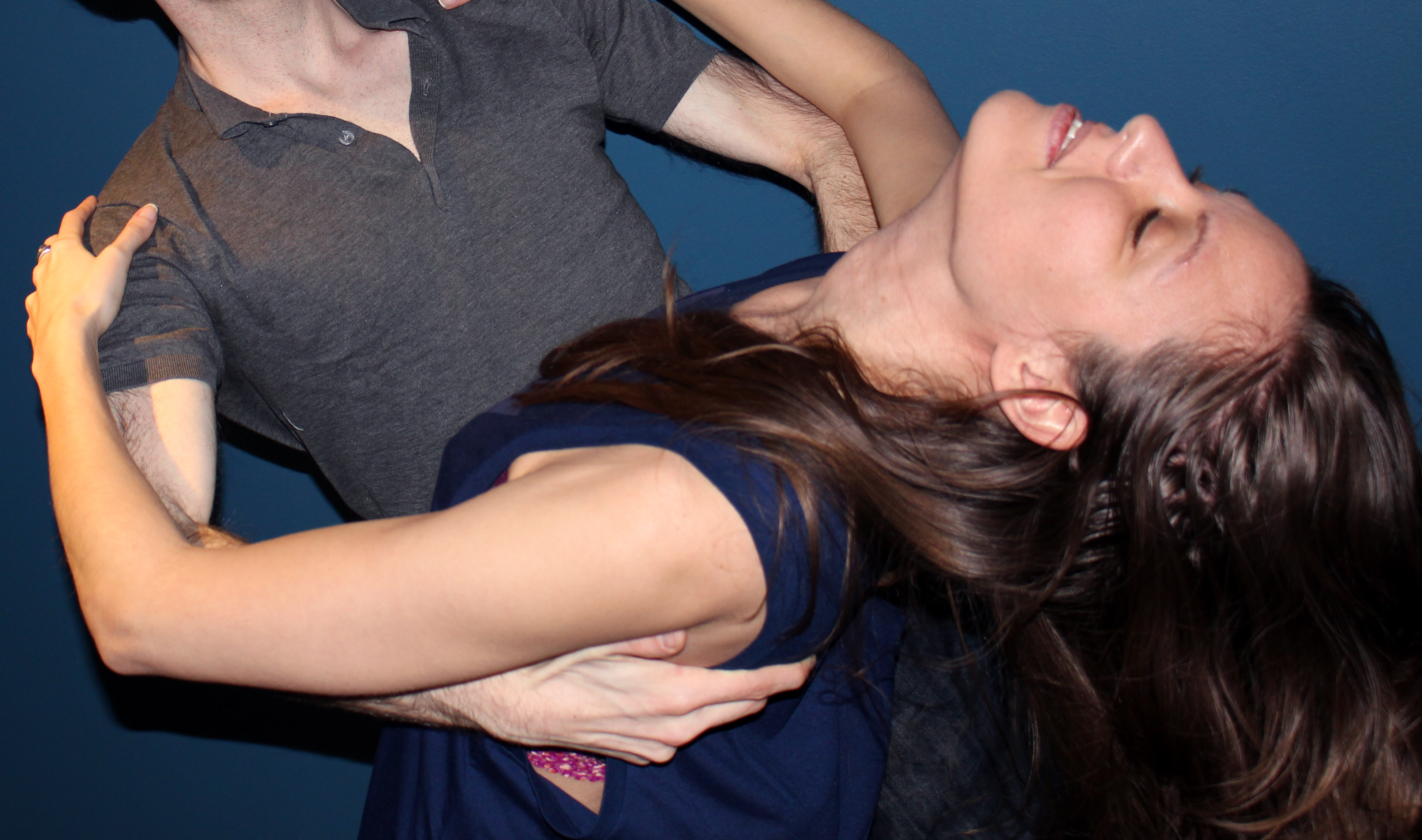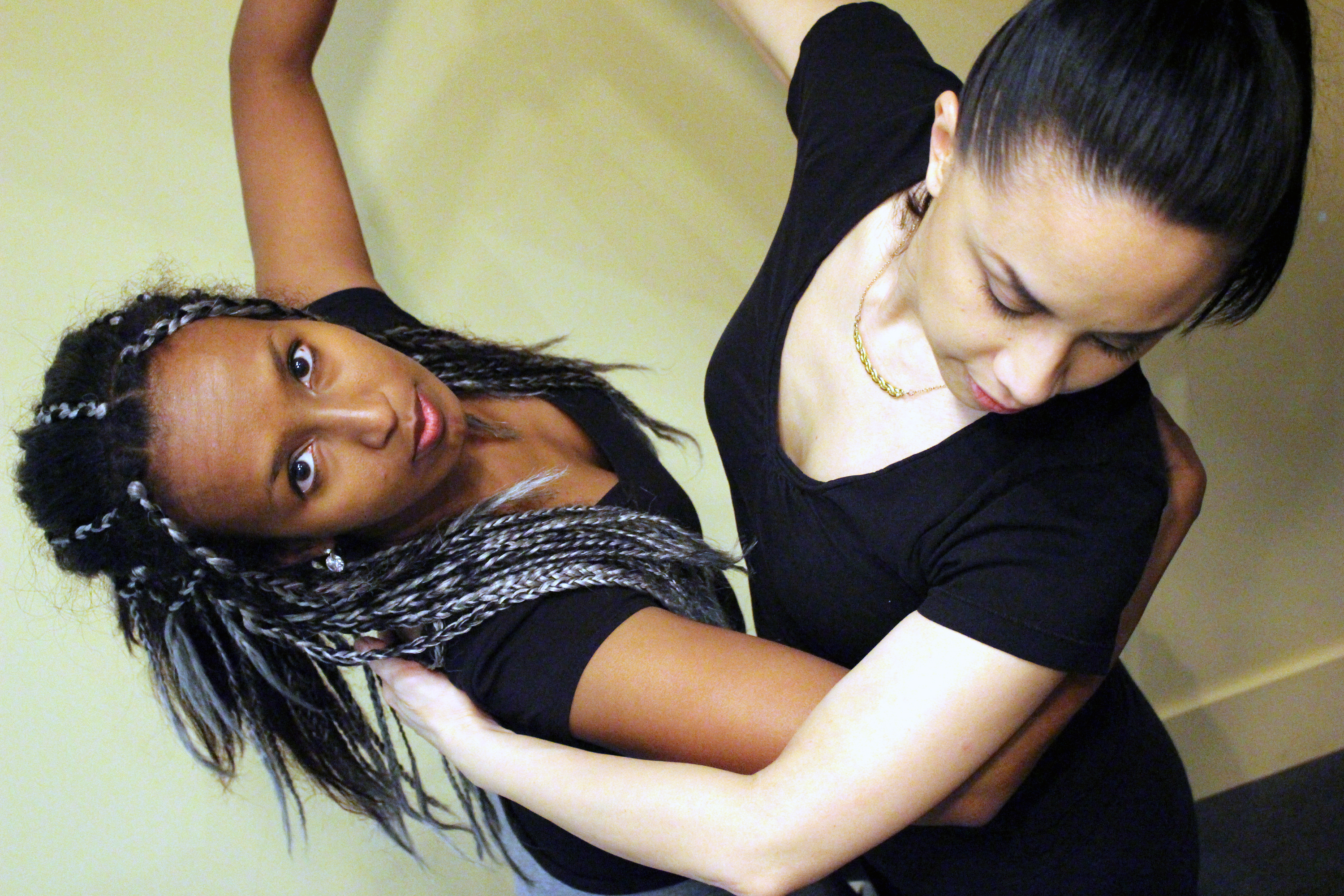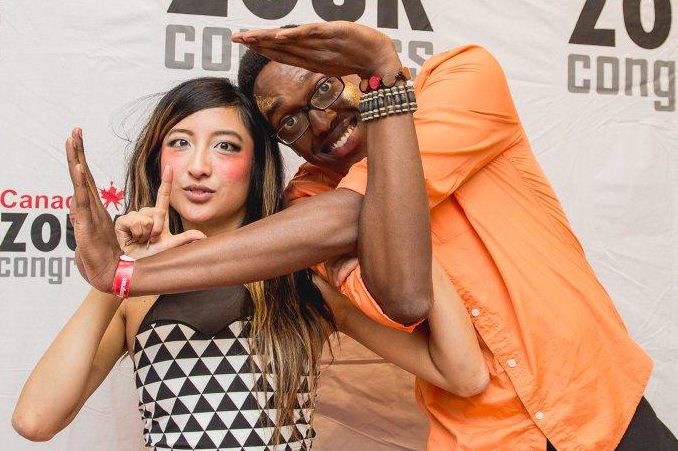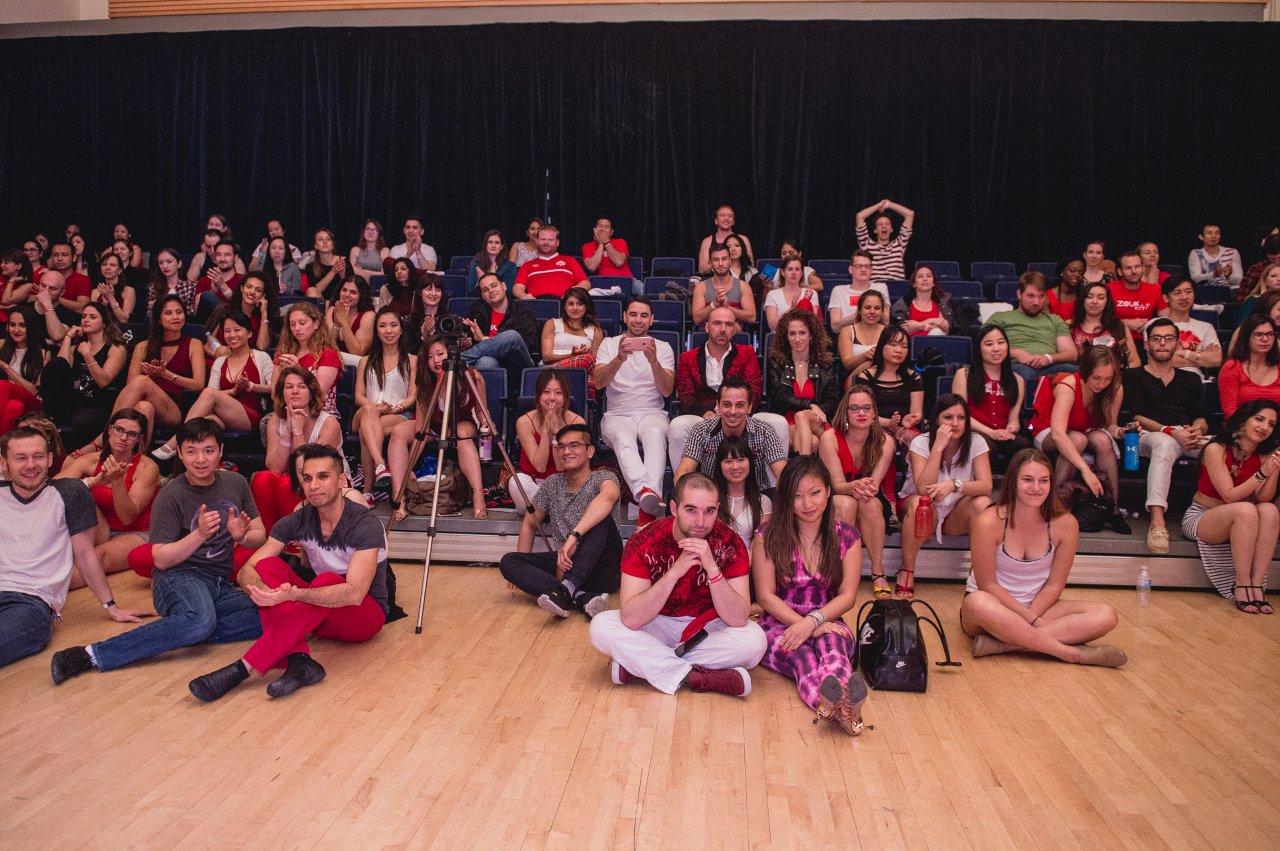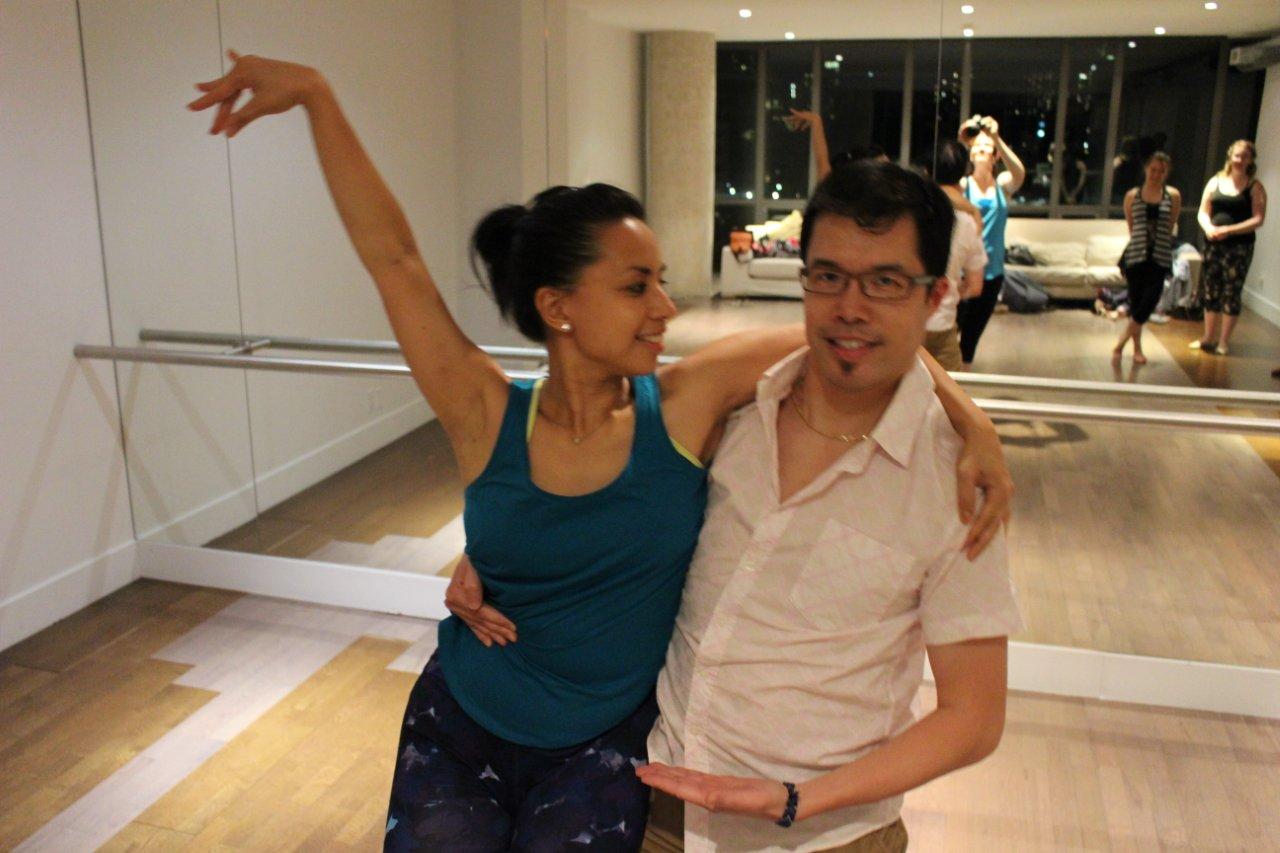I turn 30 today. I started dancing when I was almost 20 (except for the ballet class I got kicked out of at age 5). That means that I’ve been dancing just over 10 years. From my infancy in Salsa to my current status as a Brazilian Zouk organizer and teacher, it’s been a long journey. In those 10 years, my dancing, my role, and my outlook has changed and evolved. Things I used to think were clear are shades of grey. This blog (started in 2013? 14?) is a living testament to that; my first few posts are very,…
-
-
It is very easy for teachers to fall into the leader trap. Very often, it makes the most sense for many movements to teach the leads the structure, and then have the followers just “follow along”. But, this has unintended consequences. For example, the lack of follow-centric teaching in many classes causes followers to feel disillusioned with the learning process because they feel like a prop. It can also reinforce the idea that following is “easy”, and always the result of the leader’s quality. And, it stunts the ability for follows to have a conscious understanding of why, when, and…
-
You’ve seen Jack and Jill competitions. Maybe you’ve competed, maybe you think you may do one, and maybe you swear you’ll never do it. Regardless of which camp you fall into, it can be helpful to understand the nature and structure of a Jack and Jill. Here, I’ve compiled ten of the most asked questions I’ve heard about Jack and Jills. Should I compete? That’s a personal decision. Your attitude, expectations, and outlook on competitions should be your primary factors in determining whether or not to compete. The guideline I give my students looking at competing for the first time is…
-
Have you ever had an unpleasant dance? Maybe your partner squeezed your hand too hard. Maybe they were generally off-time and a bit rough. What did you do? Did you fix your face into an unsatisfied scowl to teach them a lesson? If you did, you have engaged in what I call passive-aggressive feedback. What is passive-aggressive feedback Passive-aggressive feedback is when a dancer uses body language (or, in extreme cases, even words) to indicate to their partner how unhappy they are with the present situation, but does not offer any constructive information as to what the issue is or…
-
For many, a fair dance world would be one in which hard work + time = a better dancer. The person who has taken two classes a week religiously for four years would necessarily be stronger than a dancer who has taken an occasional private or event workshop in the same length of time. In reality, this isn’t how things work. Why certain people get better faster Very often, people excel quicker than their peers for one of a few reasons: Physical conditions (which may include age, flexibility, strength, health, etc) Movement experience How they think Quality of instruction/dances Talent Accepting Progress…
-
In group classes, it can be a struggle to find the line between providing feedback to a partner, asking for what you want, and becoming the teacher. In my opinion, feedback and asking for what you need from a partner is an integral part of learning. For example, asking a lead to do something with less force or focus on a particular element can make a follow’s learning experience far more effective. For leaders, asking a follower to wait can be helpful for understanding the actual mechanics of a movement. But, in order to give appropriate feedback, the provider needs to avoid…
-
Have you ever been told that you were a ‘heavy’ follower, attempted to become lighter, and were then told that you were too disconnected or floppy? Or, have you been told your connection was too “light”, attempted to adjust, and then found yourself being called too “heavy”? If so, this article is for you. The “Heaviness” and “Lightness” Problem Frequently, social dancers use heaviness and lightness as catch-all phrases to encompass the idea of “connection.” A follow who is “too heavy” often has too much tension, pushes down their arms, and can feel immovable. A follow who is “too light”…
-
We trust dance teachers to tell us the “right” way to dance. Whether it’s how to place your foot, establish connection, or execute general body mechanics, we use their guidance to grow and learn. But, what happens if our teachers tell us something wrong? How Teachers can be Wrong There are several reasons that a teacher may be “wrong”. Some teachers have few access to resources, and therefore are ‘filling in’ the blanks that they don’t yet understand themselves. Some are stubborn, and refuse to seek out correct answers for problems in their methodologies. And, some are mistakenly bringing in elements…
-
Question: What do all the following scenarios have in common? A follow is encouraged to walk off the floor if their lead unintentionally executes something rough. The lead is also called an “idiot” by the advice-giver. An advanced dancer is told that they’re selfish for dancing several times with their favourite dance partner. A scene leader is told that they’re self-centered for not giving more to their community. A girl gets rejected for dances because she wore something “too revealing.” A lead gets excluded from a social dance competition because he’s not “devoted to dance enough” for a competition where follows vote…
-
Each great dance we will ever have comes down to a few foundational building blocks. If all the blocks are there, a dance will be more successful and pleasant. But, if we prioritize certain building blocks over others, we end up with an unbalanced experience. Those building blocks can be summed up as the Who, What, Where, When, Why, and How of the dance. The Who: Connection Connection (the “Who”) is your awareness and understanding of your partner. It encompasses how you touch, hold, or feel your partner’s body. It is important for understanding the what of a dance, because it…
-
Beginners are one of the most important parts of a growing dance community. They’re our future. But, if you look at the beginners in any scene, you’ll notice a few patterns: there are types of beginners. Not everyone falls neatly under one “type.” Most will have facets of several of the categories below. 1. The Terrified One You see them at socials. But, they barely dance. They may even reject dances with you, because they’re so scared of putting themselves out there. If you do manage to get them onto the floor, they may apologize for how “bad” they are.…
-
Social dancers tend to covet the idea of becoming an advanced dancer. When beginners first start out, they ask “how long will it take for me to be an advanced dancer?” (Answer: depends completely on your skills, how seriously you take it, and how willing you are to learn.) Meanwhile, the advanced dancers in the scene are frequently sought out for dances. Depending on the genre, maybe multiple dances. Newcomers look up to them, intermediates want to be them, and fellow advanced dancers treat them with a sense of camradarie. It’s very easy to see that some things change when…
-
Most of us don’t do much talking while we dance. But, social dancing does require at least some verbal communication. In this list, we cover 10 things you should avoid saying to your dance partners. 1. “This is how you do ______.” Except for very limited circumstances, stopping a dance to explain a concept to your partner is inappropriate. Even if you are a teacher who knows what you’re saying is true, it’s still almost always inappropriate. Avoid floor teaching wherever possible and you’ll improve the dance experience for everyone involved!. 2. “Oh baby… you’re so sexy in my arms.”…
-
It can be very hard to stay calm when you meet an arrogant dancer. Their “I’ve got this” and “I’m awesome” mentality can be grating for partners. Very often, arrogant dancers get conflated with dance snobs. But, I feel the two are different. Whereas snobs are consumed by how crappy everyone else is, arrogant dancers are generally preoccupied with keeping up their own reputation. The difference between dance snobs and some ‘arrogant’ dancers The dance snob tends to focus on why everyone else sucks. They may roll their eyes at beginners, accuse others of not working hard enough, and more. Their focus is on how…
-
It seems that in every workshop, there’s some very recognizable dancers who come out to play. Whether it’s in weekly classes or congresses, you’re sure to find these dancers around the world and in every style. 1. The Questioner You guessed it – the Questioner has a question about everything. Whether it’s foot placement, connection, or some tiny detail about which muscle engages on count 2.5 of the pattern, they will have a question (or 10). Sometimes, the questions are so obscure or off-topic that the teachers are not able to answer them. But, every once in a while, the…
